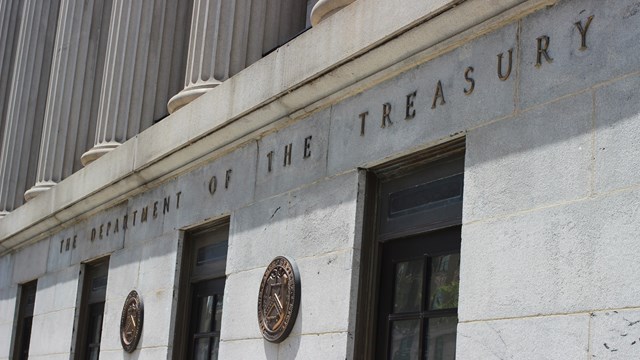Many cooperatives and condominiums in New York have long benefitted from a tax abatement program under Real Property Tax Law 467-a. In September of 2021, Governor Kathy Hochul put new eligibility requirements into this law that go into effect April 1, 2022; the deadline for filing an abatement application or renewal or change form with the Department of Finance was February 15, 2022, but other deadlines are looming for additional required documents.
Qualifications
According to attorneys from New York law firm Herrick, Feinstein LLP, co-ops and condos qualify for the abatement if they fall into one of the following three categories:
Average unit assessed value is $60,000 or less
Average unit assessed value is between $60,000 and $100,000 and there are fewer than 30 units
All building service employees receive and will receive the “prevailing wage” for the duration of the property’s tax abatement, as certified by affidavit
The filing deadline for this affidavit recently was extended to April 15, 2022, the attorneys note. The “prevailing wage” is set by the Office of the New York City Comptroller and can be found here: BuildingServiceEmployeeSchedule-2021-2022.pdf (nyc.gov).
Buildings that do not fit into the first two categories should determine whether their service employees receive at least the prevailing minimum wage if they hope to continue to qualify for the abatement—the savings from which are expected to exceed any increase in labor costs from meeting the prevailing wage requirement. The attorneys therefore suggest that boards and managers do their own due diligence and make a reasoned determination based upon the particulars of their building, and if applicable, submit their affidavit of compliance together with their abatement application or renewal or change forms.
Average Unit Assessed Value, Explained
The Herrick attorneys explain that the average unit assessed value is calculated by multiplying the residential proportion of a property by its total assessed value (as determined by the City’s Department of Finance) and dividing that by the total number of dwelling units of the property. In a co-op, the residential proportion is the percentage of shares allocated to dwelling units; in a condo, it is the percentage of common interest allocated to dwelling units.
For example, in a hypothetical 100-share cooperative with 80 shares allocated to 10 residential dwelling units, 20 shares allocated to 1 commercial unit, and an assessed value of $1,000,000, the average unit assessed value would be calculated as follows:
Residential Proportion of the Property: 0.8 (80/100 shares)
Multiplied by: $1,000,000 (total assessed value) = $800,000
Divided by: 10 (number of dwelling units) = $80,000 average unit assessed value
This hypothetical co-op would qualify under the second category, because its average unit assessed value is between $60,000 and $100,000 ($80,000) and it has fewer than 30 dwelling units (10).
If your building missed the February 15 deadline, or filed but have questions about submitting the affidavit, the prevailing wage requirement, or assessing value, reach out to your financial and legal advisors - it could mean big savings.







Leave a Comment